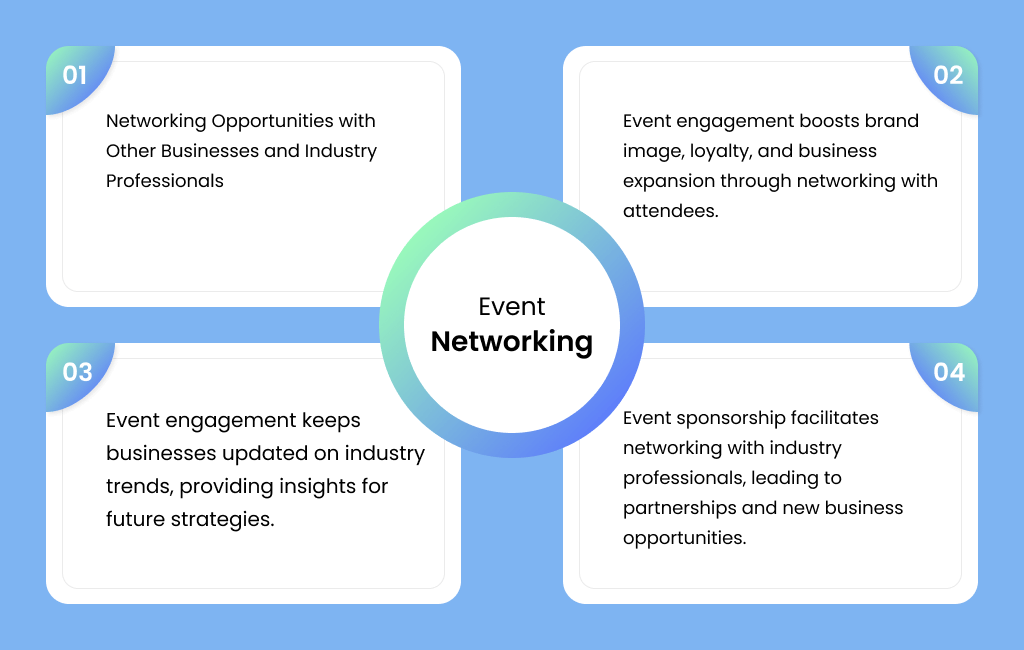The Power of Sponsorship Establishing Brand Authority and Impact
Table of Contents
Introduction:
In today’s fast-paced and competitive business world, sponsorship has emerged as a vital marketing strategy for brands looking to create lasting connections with their target audience, increase brand visibility, and achieve strategic business objectives. Whether it’s through sports, entertainment, cultural events, or community initiatives, sponsorship provides a unique opportunity for brands to align themselves with relevant causes and engage with their audience on a deeper level. In this comprehensive guide, we will explore the multifaceted benefits of sponsorship, best practices for implementation, and real-world examples of successful sponsorship campaigns.
Understanding Sponsorship:

At its core, sponsorship is a mutually beneficial partnership between a brand and an event, individual, or organization. Brands provide financial support or resources in exchange for exposure, branding opportunities, and access to a specific audience. This collaboration allows brands to enhance their visibility, strengthen their brand image, and create meaningful connections with their target demographic. Sponsorship opportunities come in various forms, including sports events, music festivals, charity fundraisers, and industry conferences, providing brands with a wide range of options to align with their marketing objectives.
Benefits of Sponsorship:

Sponsorship offers a multitude of benefits for brands seeking to increase their market presence and drive business growth. One of the primary advantages of sponsorship is increased brand visibility and exposure. By associating with high-profile events or causes, brands can reach a wider audience and generate greater awareness for their products or services. Sponsorship also provides brands with an opportunity to engage with consumers on a more personal level, creating memorable experiences that resonate long after the event has ended. Additionally, sponsorship allows brands to demonstrate their commitment to corporate social responsibility by supporting charitable initiatives, environmental causes, and community development projects, thereby enhancing their reputation and fostering goodwill among consumers.
Best Practices for Sponsorship Success:

To maximize the impact of sponsorship initiatives, brands must adopt a strategic and thoughtful approach. It is essential to begin by clearly defining objectives and identifying target demographics to ensure alignment with overall marketing and business goals. Thorough research into potential sponsorship opportunities is crucial, taking into account factors such as audience demographics, brand fit, and activation possibilities. Negotiating sponsorship agreements that offer maximum value for investment, including visibility, exclusivity rights, and activation opportunities, is also key. Finally, measuring the success of sponsorship initiatives using relevant metrics such as brand impressions, engagement levels, and return on investment (ROI) is essential for evaluating performance and optimizing future sponsorship strategies.
Case Studies:

Several real-world examples illustrate the effectiveness of strategic sponsorship partnerships in driving brand awareness and engagement:
Red Bull: Red Bull’s sponsorship of extreme sports events, such as the Red Bull Air Race and Red Bull X-Fighters, has helped the brand establish itself as a leader in the energy drink market. By aligning with high-energy, adrenaline-fueled activities, Red Bull has created a strong association with action sports and adventure, appealing to its target audience of young, thrill-seeking consumers.
Coca-Cola: Coca-Cola’s long-standing partnership with the Olympic Games has enabled the brand to reach billions of consumers worldwide. Through its sponsorship of the world’s largest sporting event, Coca-Cola has leveraged the global platform to reinforce its image as a symbol of joy, celebration, and unity, resonating with audiences of all ages and backgrounds.
Nike: Nike’s sponsorship of top athletes, such as Michael Jordan, Tiger Woods, and LeBron James, has been instrumental in solidifying the brand’s position as a leader in sports apparel and footwear. By aligning with athletes who embody excellence, determination, and perseverance, Nike has built a powerful narrative around its brand, inspiring consumers to push their limits and achieve their goals.
Conclusion:
In conclusion, sponsorship offers brands a valuable opportunity to increase visibility, engage with consumers, and differentiate themselves in competitive markets. By strategically investing in sponsorship initiatives that align with their values and resonate with their target audience, brands can enhance their reputation, foster goodwill, and drive business growth. Whether supporting sports events, cultural festivals, or charitable causes, sponsorship enables brands to create meaningful connections with consumers, strengthen brand loyalty, and make a positive impact on society. As the business landscape continues to evolve, sponsorship will remain a cornerstone of effective marketing strategies, empowering brands to establish authority, build trust, and leave a lasting impression on their audience.
For More Information Please Visit These Websites Craiyon And Arturia





